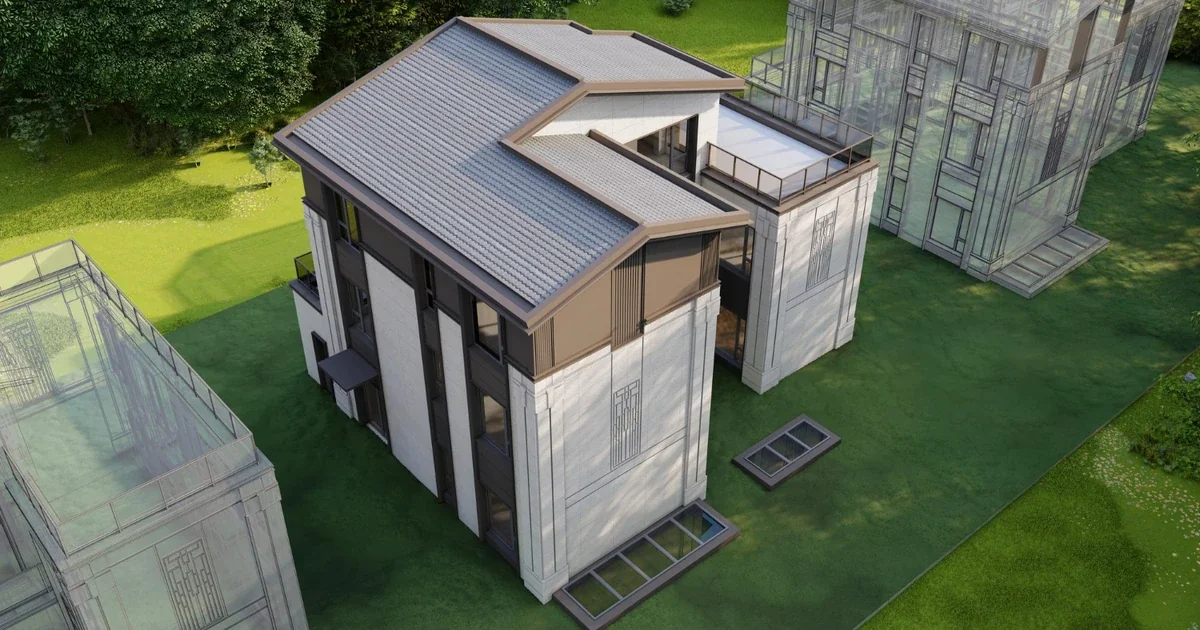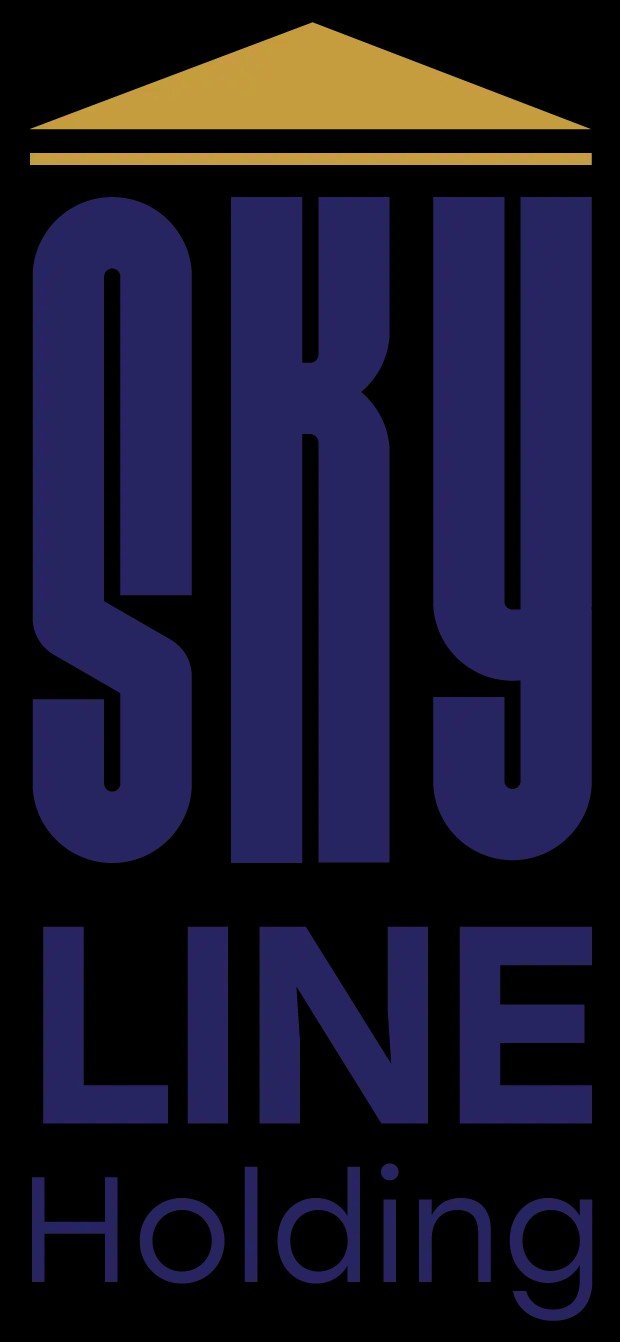The Difference Between Freehold and Long-Term Leasehold Ownership in Dubai and Abu Dhabi
July 15, 2025
The UAE real estate market is an attractive destination for Arab and international investors, especially in the Emirates of Dubai and Abu Dhabi. When considering the purchase of property in Dubai or Abu Dhabi, it is essential to understand the difference between the freehold ownership system and the long-term leasehold system, as real estate ownership laws vary from one emirate to another. Dubai was the first to open the door to freehold ownership for foreign investors in 2002, whereas Abu Dhabi long relied on a long-term leasehold system for residents instead of unrestricted sale. In recent years, Abu Dhabi has implemented reforms to expand freehold ownership within designated investment zones, making it crucial to grasp the legal and financial distinctions between the two systems to make a sound investment decision.
Freehold Ownership in Dubai: Full Title and Freedom of Disposition
Freehold ownership in Dubai means that the buyer holds full, indefinite title to the property, including the land on which it stands. A decree issued in 2002 allows foreigners to own freehold property in Dubai, which sparked a boom in the real estate market and attracted substantial foreign investment. Under freehold ownership, the buyer receives an official title deed from the Dubai Land Department, granting full rights to sell, lease, or bequeath the property without restrictions. The government has designated around 23 freehold zones in Dubai—such as Palm Jumeirah and Dubai Marina—where expatriates may purchase property. Freehold owners also typically qualify for renewable residence visas for themselves and their families, enhancing the long-term appeal of this option for investors.
Advantages of Freehold Ownership in Dubai
- Perpetual, Comprehensive Title: The owner holds full title to both the land and the residential unit indefinitely, with the freedom to alter or renovate the property as desired. The property is registered in the owner’s name and can be legally inherited.
- Freedom to Transact and Invest: The owner may sell or lease the property at any time without requiring additional approvals, offering flexibility to generate rental income or realize capital gains. Over time, property values typically appreciate, yielding attractive long-term returns.
- Residence Visa for Owners: Freehold ownership often entitles the investor and their immediate family to renewable UAE residence visas for as long as the property is owned. Significant real estate investments may even qualify for long-term visas of up to 5 or 10 years under recent immigration regulations.
- Mortgage Financing Available: Most UAE banks and financial institutions offer mortgages and real estate finance for freehold properties, as these assets serve as collateral. This leverages the investor’s capital to potentially enhance returns.
Disadvantages of Freehold Ownership in Dubai
- High Up-Front Cost: Purchasing a freehold property requires a substantial upfront outlay, including the purchase price, government registration fees, service charges, and transfer fees, plus annual maintenance and insurance costs.
- Maintenance Liability: The freehold owner bears full responsibility for property upkeep and any structural repairs. If the property is rented out, the owner must cover such expenses, which can reduce net investment returns.
- Restricted Zones: Freehold ownership is limited to specified areas designated by the emirate. Foreigners cannot purchase absolute title outside these zones, which may constrain location or property-type preferences.
Long-Term Leasehold in Abu Dhabi: Extended Use without Land Title
In contrast to freehold, Abu Dhabi’s long-term leasehold system grants the right to use and benefit from a property for an extended period without transferring permanent title to the land. Under a long-term lease agreement, the investor or lessee may occupy and exploit the property for terms typically ranging from 25 to 99 years. During the lease term, the property is effectively treated as owned for usage purposes, but legal title to the land remains with the original owner (the landowner or developer). Upon lease expiry, ownership reverts to the original landowner unless the lease is renewed.
Abu Dhabi historically used such leases to provide stability for residents while retaining land ownership for citizens. Terms like “Musataha” (50-year renewable usufruct) and “Usufruct” (99-year right without structural alteration) are common in its property laws. The 2005 Property Ownership Law allowed expatriates to lease apartments without land title for up to 99 years. In 2019, amendments introduced freehold ownership for non-citizens in nine designated investment zones—such as Yas Island and Saadiyat Island—offering foreign investors an option closer to Dubai’s model.
Advantages of Long-Term Leasehold in Abu Dhabi
- Lower Cost and Flexible Payments: Leasehold requires no land purchase or title registration fees, lowering the financial barrier to entry and widening access for investors without large down payments.
- Broader Location Options: While freehold is confined to specified zones, long-term leases are available in additional areas, enabling investors to choose locations not open to outright sale.
- Extended, Renewable Term: Leases may span nearly a century, with renewal options providing considerable stability. A 99-year term is effectively equivalent to lifetime usage for the lessee.
Disadvantages of Long-Term Leasehold in Abu Dhabi
- No Permanent Title: The lease expires after the agreed term, unlike freehold’s perpetual ownership. Although renewal is possible, uncertainty remains regarding post-expiry rights, and the property cannot be bequeathed in the same way as freehold.
- Restricted Disposal Rights: Transferring or subleasing leasehold rights often requires the landowner’s consent and may be bound by contractual conditions. Structural changes also need written approval from the landowner, limiting customization.
- Financing Challenges: Financial institutions typically do not offer mortgages for leasehold interests due to the absence of permanent title. Investors must rely on larger cash reserves or alternative financing, and capital appreciation benefits accrue to the landowner after lease expiry.
- No Inheritance Beyond Lease: Heirs may continue the lease during its term but cannot inherit full ownership once the lease ends, preventing perpetual family ownership.
You may also be interested in: UAE Real Estate Investment Returns 2025
Key Differences between Freehold and Long-Term Leasehold
Summarizing the main legal and financial distinctions between freehold and long-term leasehold:
- Term of Ownership: Freehold grants perpetual, indefinite title, whereas leasehold is time-bound (e.g., up to 99 years).
- Extent of Title: Freehold includes both land and building, while leasehold covers only the building, with land title retained by the landlord.
- Rights and Disposition: Freehold owners have unrestricted rights to sell, lease, modify, or bequeath, whereas leaseholders’ rights are contractually limited and subject to landlord approval; rights terminate upon lease expiry.
- Financing and Returns: Freehold properties can be mortgaged and typically appreciate in value over time, offering capital gains. Leasehold interests lack mortgage options and yield rental income only for the lease term without post-expiry capital benefits.
- Eligible Investors and Zones: Dubai’s freehold is open to all nationalities in specific zones, while Abu Dhabi’s freehold zones are limited to nine areas (e.g., Yas Island, Saadiyat Island). Leasehold remains available broadly without geographic restrictions.
Which Is Better for Investors: Freehold or Leasehold?
The choice between freehold and long-term leasehold depends on the investor’s objectives, financial goals, and desired length of stay. For investors seeking long-term stability, permanent title, and potential residence visas for themselves and their families, freehold in Dubai or designated Abu Dhabi zones is often preferable, offering lifetime ownership and security. Conversely, for those prioritizing lower upfront costs, greater location flexibility, or uncertain residency duration, long-term leasehold may be more suitable.
Investors should conduct thorough due diligence, considering budget constraints and future plans. Some may begin with a leasehold arrangement and later transition to freehold once financial or residency conditions permit. A clear understanding of each system’s rights and obligations will ensure confidence in decision-making and help maximize the benefits of real estate investment in the UAE, whether via freehold or long-term leasehold.
Read also:
Keywords
What is your budget?
Recommended Articles

December 15, 2025
How to Choose the Right Property in the UAE? 2026 Investor Guide
How to choose the right property in the UAE for 2026. A comprehensive guide covering best areas, ROI calculation, and off-plan buying risks.

November 13, 2025
Turkey’s 2025 Economic Program: How Will It Affect Inflation, the Lira, and the Real Estate Market?
The new Turkish economic program: what it means for investors and how it will impact inflation, the lira, and real-estate investment opportunities in Turkey.

July 8, 2025
Modular vs. Traditional Construction: Speed, Cost, and Durability
A comparison of modular and traditional construction in terms of execution speed, project costs, and durability—essential insights for real‑estate investors.
